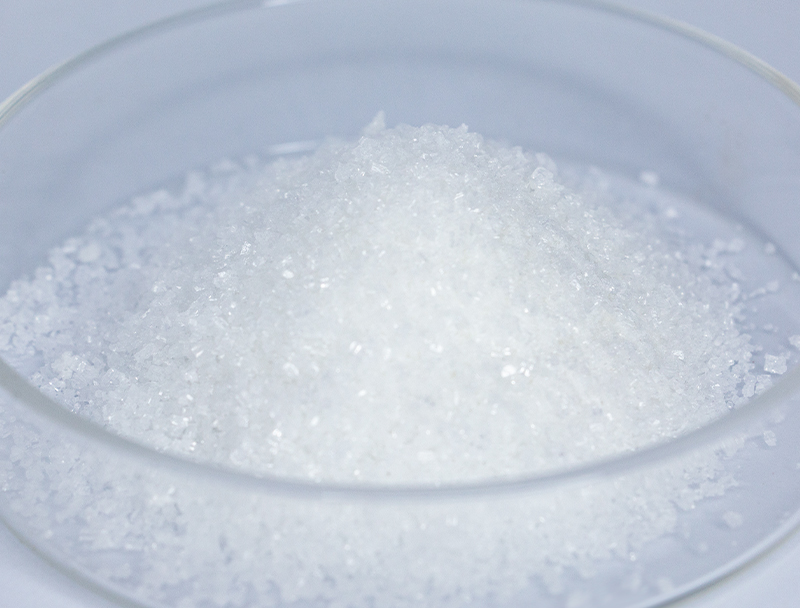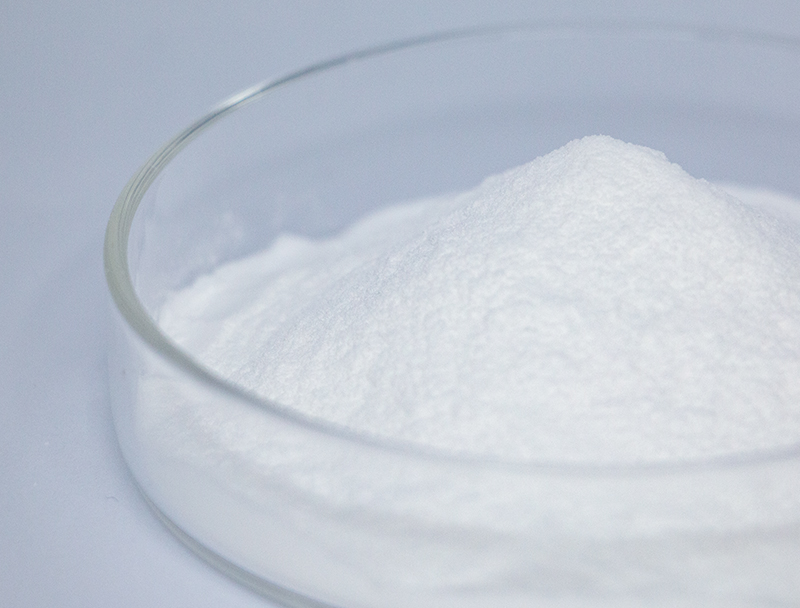
Modern biofabrication is grounded in a vast array of starting materials to supply inventive bioproducts.
Safeguarding sustainably sourced materials is indispensable to sustainable success and conscientious scaling.
diverse obstacles inherent in legacy sourcing approaches such as soil erosion and unchecked resource extraction. Thus, organizations must explore circular sourcing options to lessen environmental harm.
- Representations of ethical supply approaches are:
- Leveraging biomass from food-processing residues
- Establishing regenerative loops to cut waste and elevate material utilization
- Forging alliances with neighborhood suppliers supporting green sourcing
Such a move to ethical procurement delivers ecological gains and commercial returns over time.
Advancing Biomass Preparation for Elevated Biofuel Production
Advancing fuel production depends on feedstock consistency and composition. Experts maintain efforts to discover ways to maximize feedstock value, facilitating elevated yields and a renewable energy transition. Programs combine genetic improvement for biomass productivity with conversion technologies to access fermentable substrates.
- Furthermore, teams search for alternative biomass sources including algal strains, industrial wastes, and crop leftovers to broaden sustainable feedstock options for fuels.
- Thanks to continuous exploration the sector is prepared to realize considerable strides toward an eco-friendlier energy mix.

Enhanced Upstream Strategies for Biopharmaceutical Yield
covers the early phases of biopharma production including culturing and biological harvesting Recent progress has advanced techniques that maximize productivity and increase output.
Significant developments incorporate advanced biological platforms, tailored medium blends, and precision reactor engineering. These strategies improve manufacturing efficiency and lessen cost and ecological effects.
- Likewise, the move to continuous systems facilitates better adaptability and streamlined upstream production.
- This shift towards more sophisticated biopharmaceutical manufacturing methods promises to revolutionize the industry and pave the way for faster development of novel therapeutics.

Next-Gen Gene Editing for Enhanced Protein Expression
improvements in molecular editing platforms like CRISPR have updated therapeutic production processes. With exact genomic alterations, researchers improve host productivity for therapeutic manufacture. This approach holds immense potential for developing more efficient and affordable biopharmaceuticals to address a wide range of diseases.
Microbial Solutions for Greener Bioremediation Practices
forward-looking microbial interventions for environmentally friendly decontamination. Microorganisms possess the remarkable ability to degrade and transform harmful pollutants into less toxic substances.. Leveraging microbial biotransformation promotes sustainable remediation that curbs industrial environmental impacts.. Researchers screen diverse microbial taxa for metabolic pathways suited to remove heavy metals, pesticide residues, and hydrocarbon contamination.. Such organisms are usable in treatment systems or applied directly to soils and waters to drive biodegradation of contaminants..
Microbial-based approaches to remediation bring considerable advantages over traditional solutions. The approach tends to lower treatment costs and avoids producing toxic residuals. Moreover, microbes can be tailored to address specific pollutants with minimal impact on non-target organisms. Research progresses swiftly to enhance microbial remediation efficiency and practical effectiveness.
The Role of Bioinformatics in Drug Discovery and Development
Informatics platforms are essential to current drug discovery and development pipelines. By leveraging complex datasets, bioinformatics expedites discovery and optimizes candidate safety and potency.
- Through evaluating comprehensive genomic, proteomic, and clinical data, teams detect novel targets and predict drug action.
- Similarly, modeling drug–target interactions streamlines design of compounds with better efficacy and selectivity.
- Finally, data-driven informatics is changing drug development and hastening patient access to effective therapies.
Metabolic Engineering Strategies for Enhanced Bioproduct Synthesis
adopts varied approaches to raise biosynthetic yields of beneficial compounds. Strategies involve pathway refactoring by genetic modification, expression modulation for balanced flux, and grafting of novel genes to add capacity.. By fine-tuning these processes, engineers can significantly increase the yield of desired bioproducts.
Such holistic engineering could impact many areas including medical therapeutics, agricultural outputs, and biofuel production.

From Lab to Plant: Challenges and Opportunities in Biomanufacturing Scale-Up
Upscaling therapeutic manufacturing brings major obstacles along with promising prospects. Maintaining consistent product attributes with scale-up remains a central difficulty. Resolving it depends on rigorous control strategies, precise instrumentation, and comprehensive analytics.

Also challenging is the layered complexity of biomanufacturing encompassing numerous sequential steps.. Refining processes for commercial volumes demands deep R&D investment and novel engineering solutions.. However, the prospective rewards are sizable. Achieved scale can widen availability of treatments, lower manufacturing costs, and boost financial returns.
Challenges are being addressed through a number of initiatives. Approaches include cutting-edge process optimization tech, comprehensive analytics for control, and disruptive manufacturing designs.
- R&D initiatives significantly drive enhancements in manufacturing capacity.
- Regulators are adapting frameworks to speed authorization of novel manufacturing approaches and spur innovation.
Charting Regulatory Pathways for Biologics to Safeguard Patients
Creating biologic medicines requires strict regulatory controls to maintain both patient safety and therapeutic value. Biologically derived medicines entail particular manufacturing and regulatory complexities compared with chemical drugs.
Bodies like FDA and EMA shape the regulatory landscape and set benchmarks for evaluating innovative therapies..
Strict validation and testing steps are required across the product lifecycle from lab studies N-Acetylneuraminic acid to post-market oversight.. The processes aim to expose risks and ensure that treatments meet exacting safety benchmarks.
Furthermore, regulatory bodies are constantly evolving their approaches to keep pace with the rapid advancements in biopharmaceutical research.. This includes embracing novel technologies and facilitating the development process while maintaining a commitment to patient well-being.

Evaluating Plant Biomass for Bioplastic Production
The expanding market for green materials prompts increased R&D into bio-based solutions. Plant-origin feedstocks converted into bioplastics create promising opportunities for eco-friendly materials. Biomass sources such as cornstarch, cellulose, and sugarcane are usable to produce plastics that biodegrade and reduce ecological impact.
Similarly, selected bioplastics offer analogous properties to traditional plastics suitable for many applications.. Ongoing R&D is essential to scale plant-based bioplastics and realize circular economic benefits.
Biotechnology Driving Advances in Health and Agricultural Stability
Biotech innovations hold promise to dramatically impact health and the reliability of food systems. With genetic tools, engineered biological systems, and regenerative cell approaches, experts craft interventions to manage diseases, enhance agriculture, and fortify nutrition.. Consider genetically enhanced crops that resist pests and environmental stresses to improve production and reduce pesticide reliance.. Also, biotechnological innovation fuels development of immunizations, antimicrobial treatments, and diagnostic platforms vital for disease control and population health.. With ongoing research, biotech is positioned to enable broad improvements in health and food security that serve global populations.
